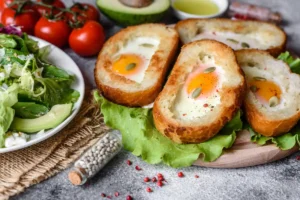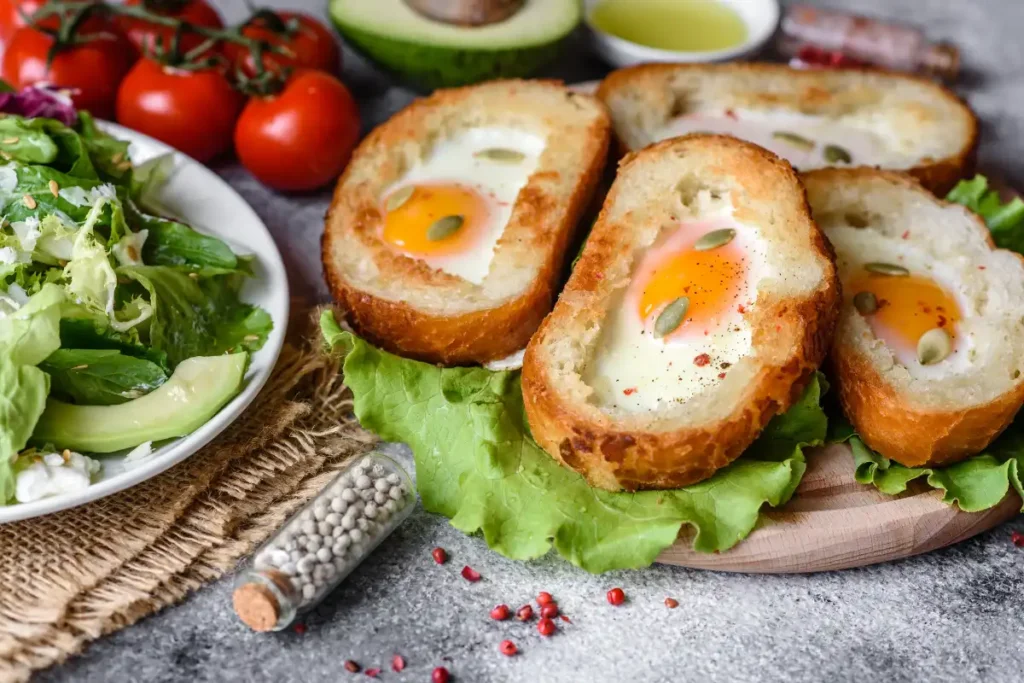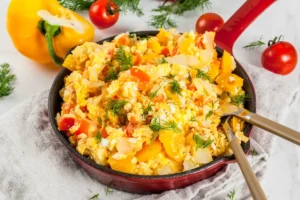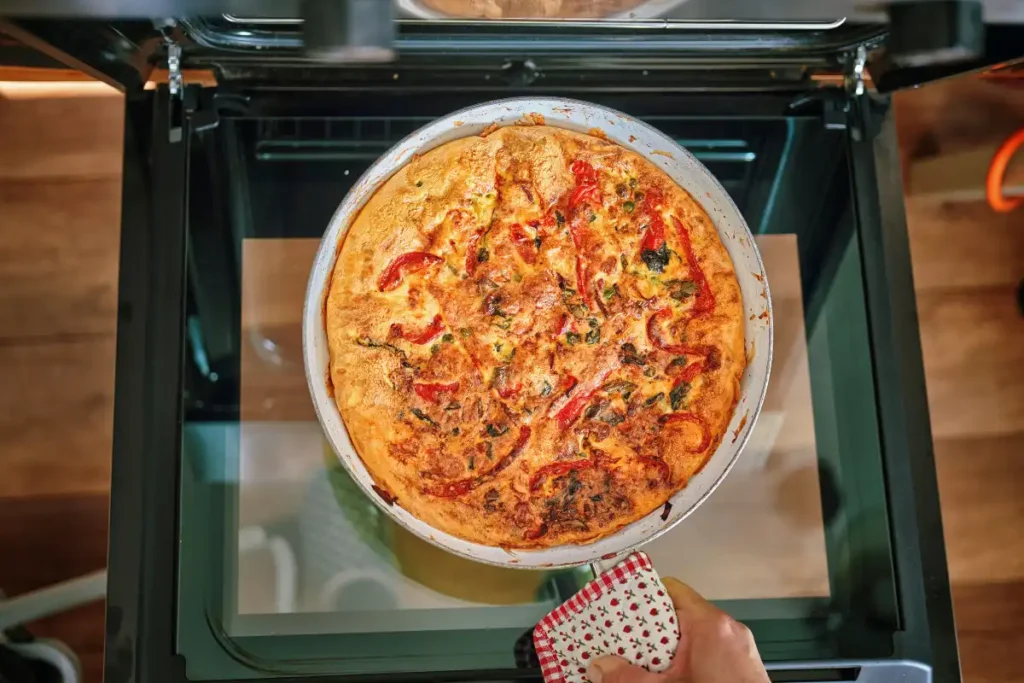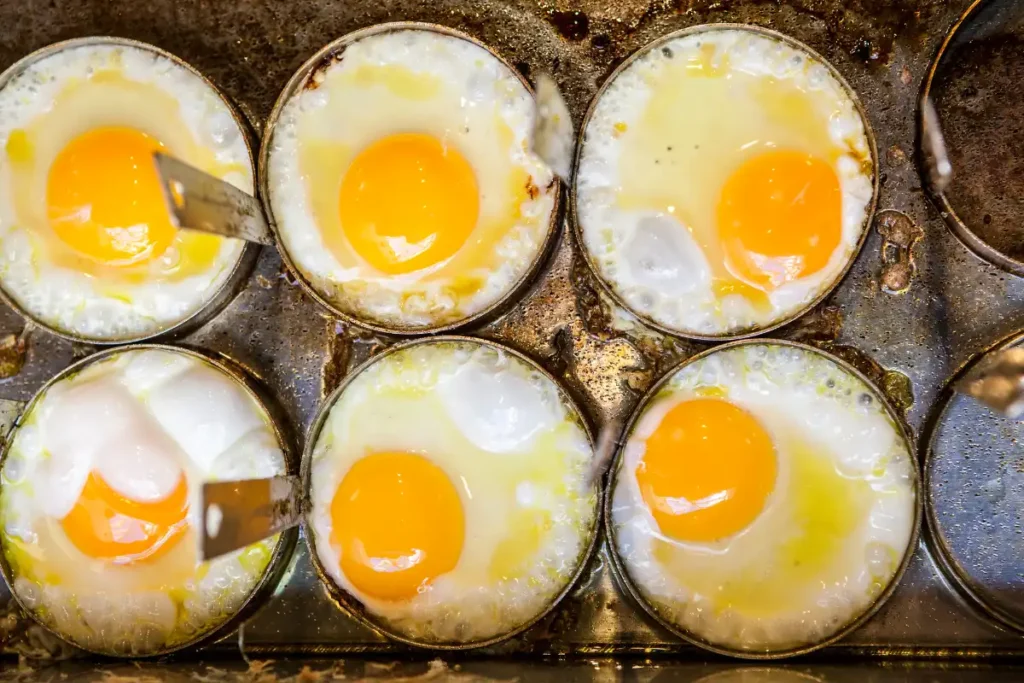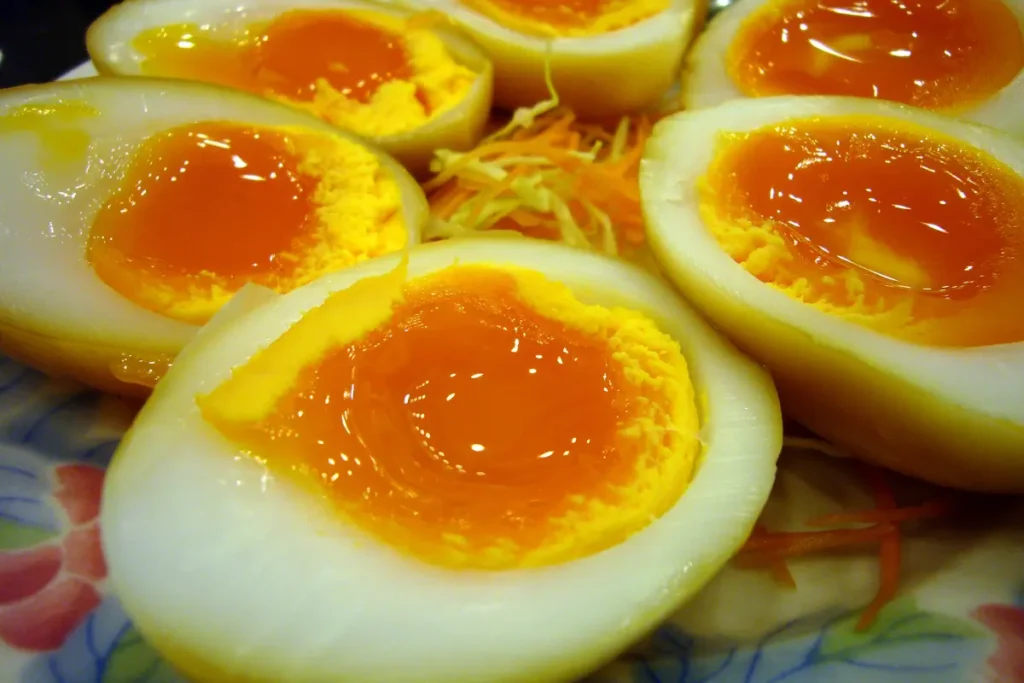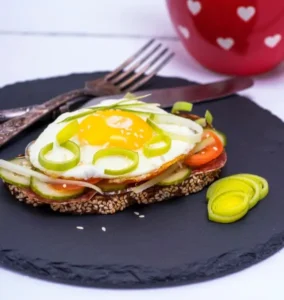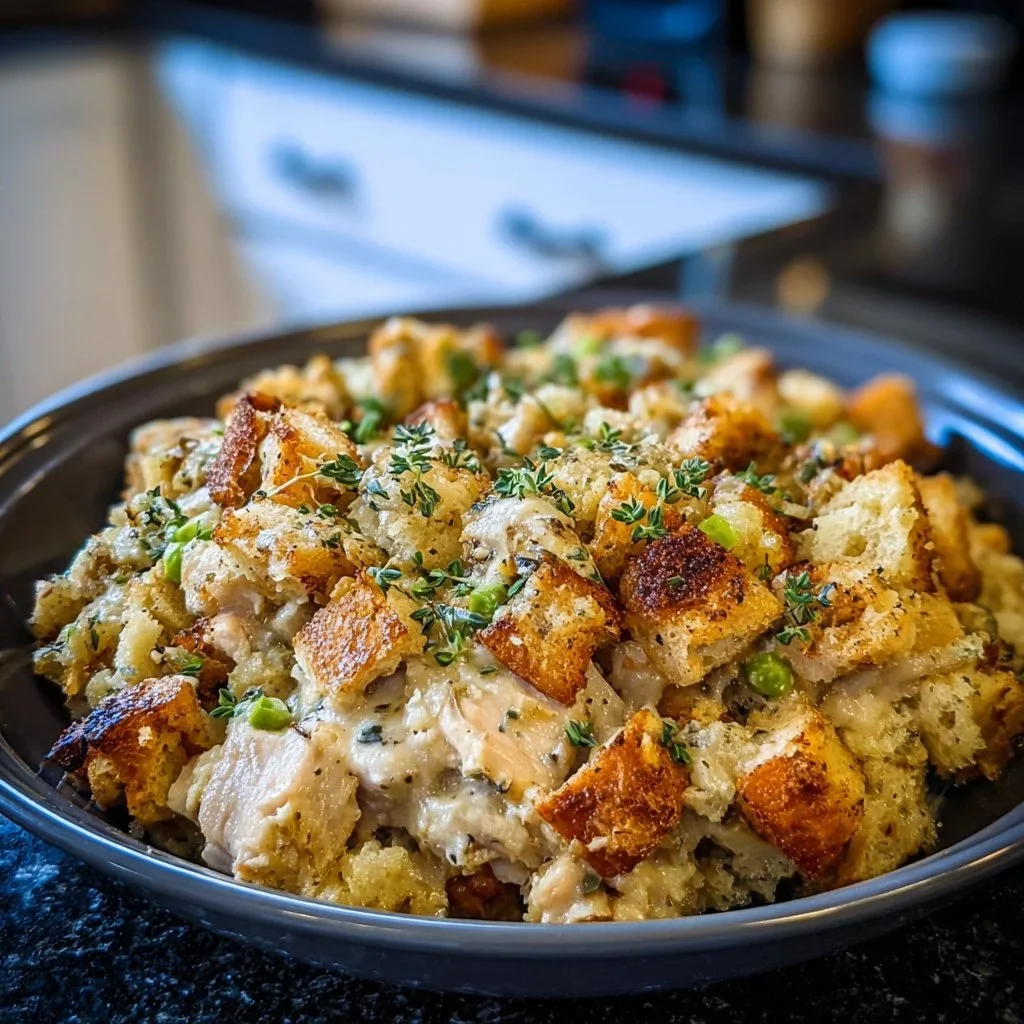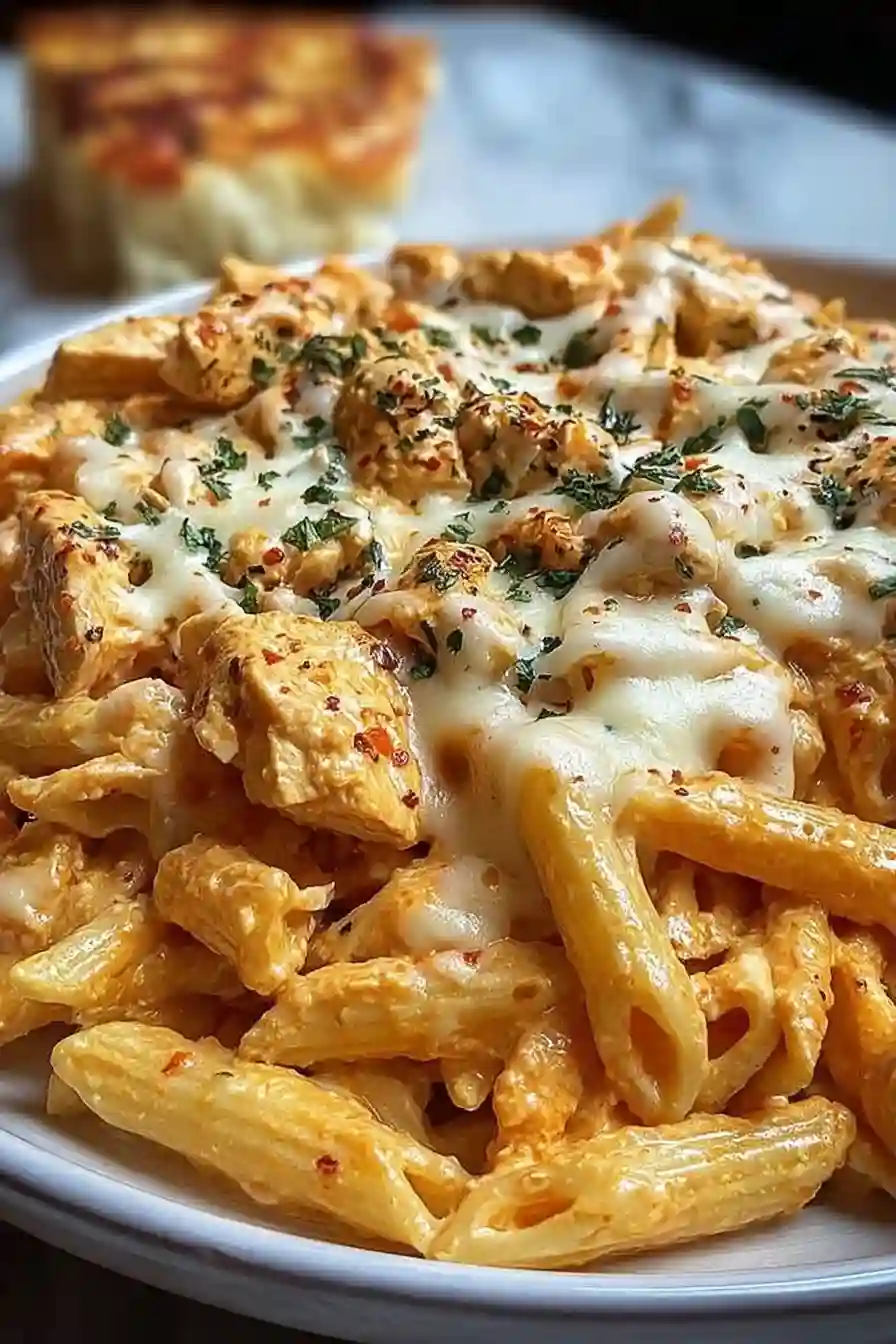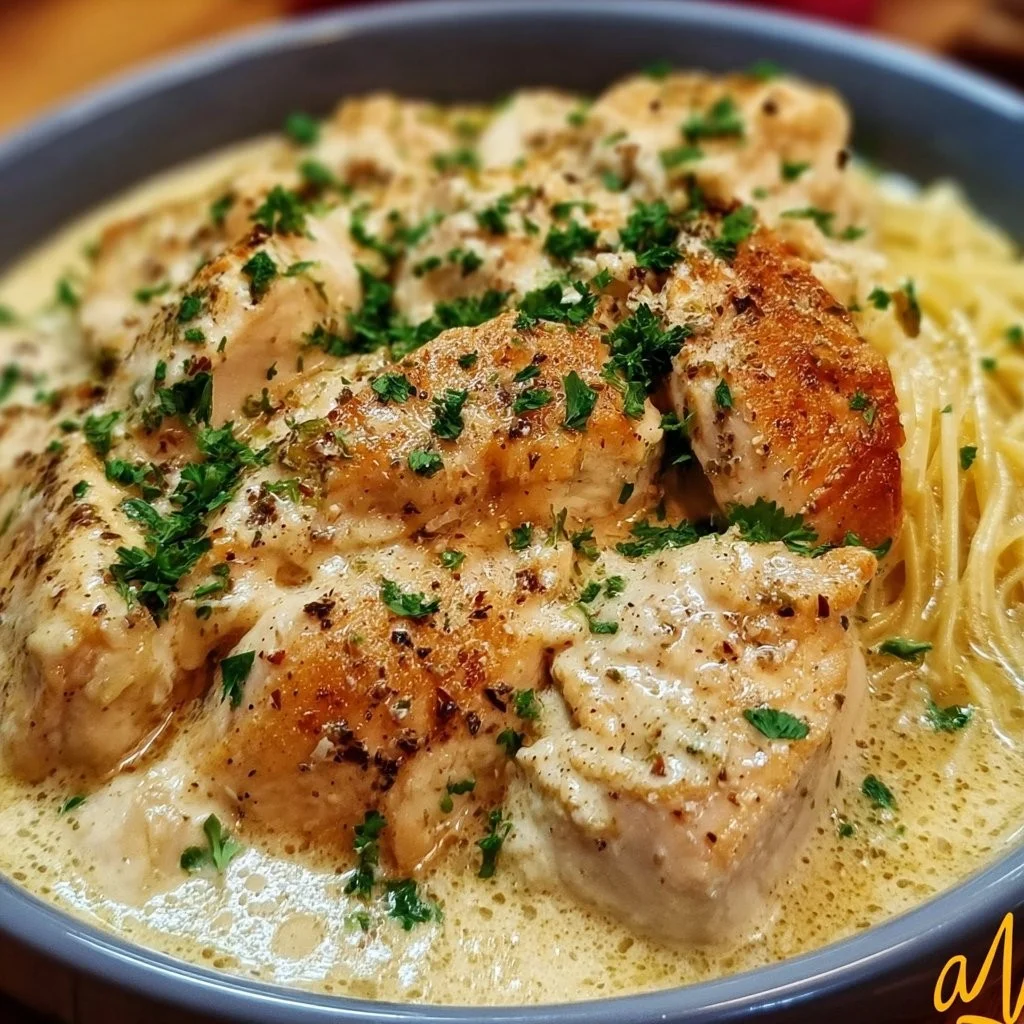Introduction
Embarking on a camping journey brings the excitement of connecting with nature and the unique joy of outdoor cooking. This article delves into the art of making eggs while camping, transforming a simple meal into an extraordinary outdoor experience. We’ll explore innovative cooking methods that elevate your campsite breakfast, ensuring it’s as memorable as your adventure.
Preparing Your Eggs for the Camping Trip
Choosing the Right Eggs
Selecting eggs that are about a week old can reduce the risk of breakage during transport. A pro tip is to coat the eggs with a thin layer of vegetable oil, which can help preserve them longer.
Packing Your Eggs
Forget the flimsy cardboard carton. Opt for a durable plastic container or a camping-specific egg carrier to protect your eggs on the journey.
Innovative Outdoor Egg Cooking Methods
1. Campfire Scrambled Eggs
A classic with a twist. Use a cast-iron skillet over the campfire to make scrumptious scrambled eggs. Add cheese and veggies for an extra flavor kick.
Ingredients:
- Eggs (2 per person)
- Salt and pepper to taste
- 1 tablespoon of butter or oil
- Optional: cheese, diced vegetables, cooked bacon or ham
Instructions:
- Heat the skillet over the campfire and add butter or oil.
- Beat the eggs in a bowl, add salt and pepper, and pour into the skillet.
- Stir gently until the eggs are cooked to your liking.
- Add optional ingredients like cheese or vegetables towards the end of cooking.
Nutrition: Varies based on ingredients, but two large eggs provide approximately 140 calories, 10 grams of fat, 12 grams of protein, and 1.1 grams of carbs.
Chef’s Advice: For fluffy scrambled eggs, add a splash of water or milk to the eggs before beating. Keep the heat moderate to avoid overcooking.
2. Boiled Eggs in a Coffee Pot
Utilize a camping coffee pot to boil eggs. It’s a simple, fuss-free method that delivers perfect boiled eggs every time.
Ingredients:
- Eggs (as many as you want to cook, ensuring they are submerged in water)
Instructions:
- Fill the coffee pot with water and place the eggs inside.
- Put the pot over the fire or camp stove and bring to a boil.
- Once boiling, let the eggs cook for about 10-12 minutes.
- Remove from heat and place eggs in cold water to stop the cooking process.
Nutrition: One large boiled egg provides about 70 calories, 5 grams of fat, 6 grams of protein, and less than 1 gram of carbs.
Chef’s Advice: To make peeling easier, add a pinch of salt to the boiling water. Start with cold water to ensure even cooking.
3. Egg and Potato Foil Packets
Create a no-mess breakfast by combining eggs, potatoes, and seasonings in a foil packet, cooking it over the grill or campfire embers.
Ingredients:
- Eggs (1 per packet)
- 1 medium potato, thinly sliced
- Salt and pepper to taste
- Optional: onions, bell peppers, cheese, cooked bacon
Instructions:
- Lay out a large piece of foil and lightly grease with oil or butter.
- Place a layer of potato slices in the center, add salt and pepper, and optional vegetables or bacon.
- Create a well in the center and crack an egg into it.
- Fold the foil to seal the packet and place it on the grill or near campfire embers.
- Cook for about 15-20 minutes, checking for doneness.
Nutrition: Varies based on ingredients. A medium potato adds about 150 calories and 35 grams of carbs.
Chef’s Advice: For a crispy bottom on the potatoes, place the packet directly on the grill or a hot stone near the fire.
4. Dutch Oven Frittata
Elevate your camping breakfast with a Dutch oven frittata. Mix your favorite ingredients with eggs, pour into the oven, and let the campfire work its magic.
Ingredients:
- Eggs (6-8 for a standard Dutch oven)
- 1/2 cup milk
- Salt and pepper to taste
- 1 cup shredded cheese
- 1/2 cup diced vegetables (e.g., bell peppers, onions, tomatoes)
- 1/2 cup cooked and chopped bacon or sausage (optional)
- 1 tablespoon oil or butter
Instructions:
- Whisk together eggs, milk, salt, and pepper in a bowl.
- Heat the Dutch oven over the campfire and add oil or butter.
- Sauté the vegetables until soft. Add the meat if using.
- Pour the egg mixture into the oven and sprinkle with cheese.
- Cover and cook for 15-20 minutes, checking occasionally until the eggs are set.
Nutrition: Varies based on ingredients. Generally, a slice of frittata can range from 150 to 250 calories, depending on the additions.
Chef’s Advice: Don’t stir the mixture once it’s in the Dutch oven. Let it set and cook evenly for a perfect frittata texture.
5. Egg Sandwiches on the Go
Quick and satisfying, egg sandwiches are perfect for on-the-move mornings. Grill bread, cook an egg, and assemble with cheese and ham.
Ingredients:
- Eggs (1 per sandwich)
- Bread slices (2 per sandwich)
- 1 slice of cheese
- 1 slice of cooked ham or bacon (optional)
- Butter or oil for frying
- Salt and pepper to taste
Instructions:
- Heat a skillet and add a little butter or oil.
- Fry the egg to your liking and season with salt and pepper.
- Toast the bread slices on the skillet.
- Assemble the sandwich with the fried egg, cheese, and ham or bacon between the toasted bread slices.
Nutrition: Varies based on ingredients. Approximately 300-400 calories per sandwich, depending on the bread and fillings used.
Chef’s Advice: For a melty cheese experience, place the cheese on one slice of bread while it’s still on the skillet, allowing it to warm and soften.
6. Solar Oven Sunshine Eggs
Use a solar oven to cook your eggs with the power of the sun, offering an eco-friendly and fun cooking method.
Ingredients:
- Eggs (1 per person)
- Salt and pepper to taste
- Oil or butter (if the stone is not well-seasoned)
Instructions:
- Find a flat, clean stone and place it near the edge of the campfire to heat up.
- Once hot, apply a thin layer of oil or butter if needed.
- Crack an egg onto the stone and season with salt and pepper.
- Cook until the whites are set and the yolk is cooked to your preference.
Nutrition: About 70 calories per egg, with additional calories depending on the use of oil or butter.
Chef’s Advice: Choose a stone that’s flat and smooth for even cooking. Be cautious, as stones can crack if they’re not used to heat.
7. Stone Griddle Eggs
Cook eggs on a heated flat stone near the campfire for a rustic and smoky-flavored breakfast.
Ingredients:
- Bell peppers (1 per person, halved and deseeded)
- Eggs (1 per pepper half)
- Salt and pepper to taste
- Optional fillings: shredded cheese, diced onions, chopped spinach, diced tomatoes
Instructions:
- Place a halved and deseeded bell pepper on a piece of foil.
- Crack an egg into each pepper half. Season with salt and pepper.
- Add any optional fillings like cheese or vegetables.
- Wrap the foil around the peppers and place them on the grill or near the campfire embers.
- Cook for 15-20 minutes or until the eggs are set to your liking.
Nutrition: Varies based on ingredients. A medium bell pepper has about 25 calories, and one large egg has about 70 calories. Additional calories depend on the fillings.
Chef’s Advice: Choose firm, fresh bell peppers for the best results. They should be able to hold the egg and fillings without collapsing.
8. Egg Stuffed Peppers
Fill bell pepper halves with eggs, wrap in foil, and cook for a visually appealing and nutritious meal.
Ingredients:
- Eggs (1 per muffin cup)
- Thinly sliced potatoes (enough to line each cup)
- Salt and pepper to taste
- Optional: cheese, cooked bacon pieces, diced vegetables
Instructions:
- Line each muffin cup with thinly sliced potatoes to form a base.
- Crack an egg into each potato-lined cup. Season with salt and pepper.
- Add any optional ingredients like cheese or bacon.
- Place the muffin tin over the campfire, using a grill grate if available.
- Cook for 10-15 minutes or until the eggs are set.
Nutrition: Varies based on ingredients. One large egg has about 70 calories, and a medium potato has about 150 calories. Additional calories come from optional ingredients.
Chef’s Advice: Ensure the potato slices are thin enough to cook thoroughly and provide a crispy base for the egg cups.
9. Campfire Egg Cups
Use a muffin tin and potato slices to create individual egg cups, cooking them over the campfire for a unique breakfast option.
Ingredients:
- Eggs (as many as your smoker can accommodate)
Instructions:
- Preheat your camping smoker according to its instructions.
- Place the eggs directly on the smoker grates.
- Smoke the eggs for about 2 hours at a low temperature (around 225°F or 107°C).
- Remove the eggs and allow them to cool before peeling.
Nutrition: A smoked egg has similar nutritional value to a boiled egg, with about 70 calories per large egg.
Chef’s Advice: Smoking eggs imparts a unique flavor, so consider this method if you enjoy smoky foods. The eggs can also be used in salads or sandwiches.
10. Smoked Eggs
If you have access to a camping smoker, try smoking your eggs for a distinctively flavored breakfast treat.
Ingredients:
- Eggs (1 per person)
- Salt and pepper to taste
- Optional: herbs, cheese, or diced vegetables for topping
Instructions:
- Preheat your solar oven by positioning it towards the sun according to the manufacturer’s instructions.
- Crack an egg into a small, solar-oven-safe dish or container. Season with salt and pepper.
- Place the dish inside the solar oven. If using optional ingredients, add them on top of the egg.
- Cook in the solar oven until the egg whites are set and the yolks reach your desired doneness, typically around 1-2 hours, depending on the sunlight intensity.
Nutrition: A single large egg has about 70 calories, with additional calories depending on the optional ingredients used.
Chef’s Advice: Cooking times in a solar oven can vary greatly based on the weather and sun intensity. Start cooking your eggs early and monitor their progress to avoid undercooking or overcooking.
FAQs:
How do you make eggs when camping?
Making eggs while camping can be a delightful experience with various methods available. You can cook eggs over a campfire using a skillet, boil them in a pot of water, or create foil packets to cook on the grill or directly over the embers. Innovative methods like using a solar oven or a coffee pot for boiling are also great options. The key is to choose a method that suits your camping setup and personal preferences.
How do you prepare eggs for camping?
To prepare eggs for camping, consider packing them in a sturdy container or a specialized egg carrier to prevent breakage. If you’re concerned about space or breakage, you can crack the eggs into a bottle or container at home and store them in your cooler. This way, you can easily pour out the eggs when you’re ready to cook them. Additionally, coating eggs with vegetable oil can help preserve them longer.
Can you scramble eggs ahead of time for camping?
Yes, you can scramble eggs ahead of time for camping. Crack and scramble the eggs at home, then store the mixture in a sealed container or heavy-duty plastic bag. Keep the container in a cooler to maintain freshness. When you’re ready to cook, simply pour the pre-scrambled eggs into your skillet. This method saves time and reduces the mess at the campsite.
How do you cook eggs on a camp stove?
To cook eggs on a camp stove, heat a skillet or pan over the stove and add a bit of oil or butter to prevent sticking. Pour the eggs into the skillet for scrambled eggs or crack them directly into the pan for fried eggs. Cook the eggs to your desired level of doneness, stirring scrambled eggs occasionally. A camp stove provides a controlled heat source, making it easier to manage the cooking process.
How do you cook an egg over fire?
Cooking an egg over a fire can be an exciting part of the camping experience. You’ll need a skillet or a piece of heavy-duty aluminum foil. If using a skillet, place it over the grill grate or hold it over the fire using a campfire tripod. Crack the eggs into the skillet and cook until they reach your preferred level of doneness. If using foil, create a small bowl shape, add a little oil, crack the egg into the foil, and place it on the grill or near the embers. Monitor the eggs closely, as cooking times can vary based on the fire’s intensity.

